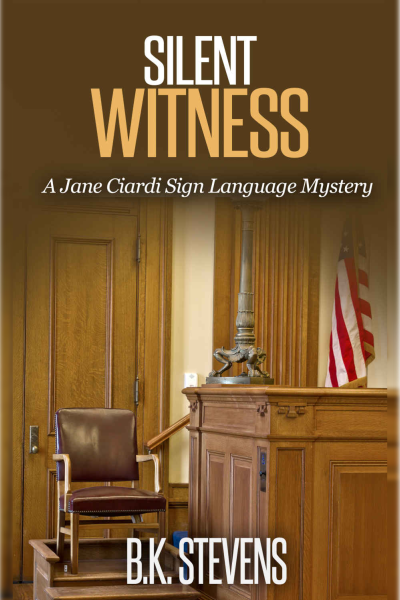B.K. Stevens
The first sentence of a newspaper article, experts say, must answer five basic questions, usually referred to as the five Ws: who, what, when, where, and why. Some people say the first page of a novel or short story must provide the same sort of information. As soon as possible, writers should let readers know who the protagonist is, what he or she is doing, and where, when, and why all this is happening. I’ve had a contest judge tell me my first page doesn’t work because it doesn’t include a physical description of the protagonist; I’ve seen agents and editors on conference panels toss first pages aside because they don’t precisely identify the threat the protagonist faces. If you Google “first page checklist,” you’ll find confident assertions that the first page must establish the plot’s central conflict, reveal the protagonist’s primary motivation, and do eight or ten other things as well.

That’s a great analysis, Bonnie … and most helpful!
I’m a short mystery fiction writer, too … and I probably work on my openings more than any other part of my story. Usually I write the first draft (adding to my original idea and my first attempt at structure), and then make revisions, and then change the opening again, and again, and (drats!) yet again.
You are correct … the “experts” are all over the board on what the first page or two (or, in the case of short fiction, the first paragraph or two) should contain. So if a yet-to-be-published writer tried to follow all their advice, the writer would end up tearing out their hair and running screaming into the night.
Thanks again for this blog … it’s always interesting and an eye-opener!
I do, however, have one minor complaint (this is under the category of technological whining) … for those of us who don’t have a Kindle, we can’t access your story! (I’m sure I long ago tossed out my 2010 AHMMs!!) I feel as if we’re being penalized for still loving our old-fashioned paper-and-binding-and-ink technology … is there any way that “Silent Witness” can be made available in a non-Kindle version?
Thanks again!!
Thanks for your comment, Rick–I’m glad you enjoyed the post. Like you (and, probably, like most writers), I agonize over the opening pages or paragraphs even more than over other parts of the story or novel. That’s the main reason I started this blog, so we could share our agony and also share any ideas we’ve had about how to handle it. And, like you, I prefer paper copies to electronic ones. But when I decided to re-publish “Silent Witness” to promote INTERPRETATION OF MURDER, e-publishing was the least expensive, most practical option. And since I do find it helpful to have an e-reader for some purposes, I downloaded a free Kindle reader to my PC. It works well. If you’d like to read “Silent Witness,” that might be the simplest option. Here’s the link for a free Kindle reader: http://www.amazon.com/Amazon-Digital-Services-Inc-Download/dp/B00UB76290/ref=sr_1_1?ie=UTF8&qid=1452066334&sr=8-1&keywords=free+kindle+reader
Thanks Bonnie, that’s a HUGE help!! I’ll do that!!
I agree, if we did everything we “should” do every time in every beginning, the stories would get pretty boring! And no matter what you write, if you keep the reader interested, it will work. There are clumsy ways to withhold information, but this works well!
Thanks for your comment, Kaye. One thing I’ve learned from going to “first pages” panels is that agents and editors don’t read in the same way that most readers do. They read to eliminate, and they got impatient with many first pages that I found intriguing. It’s tricky to try to get past the gatekeepers and still write in a way that will appeal to readers in general.
That’s for sure!